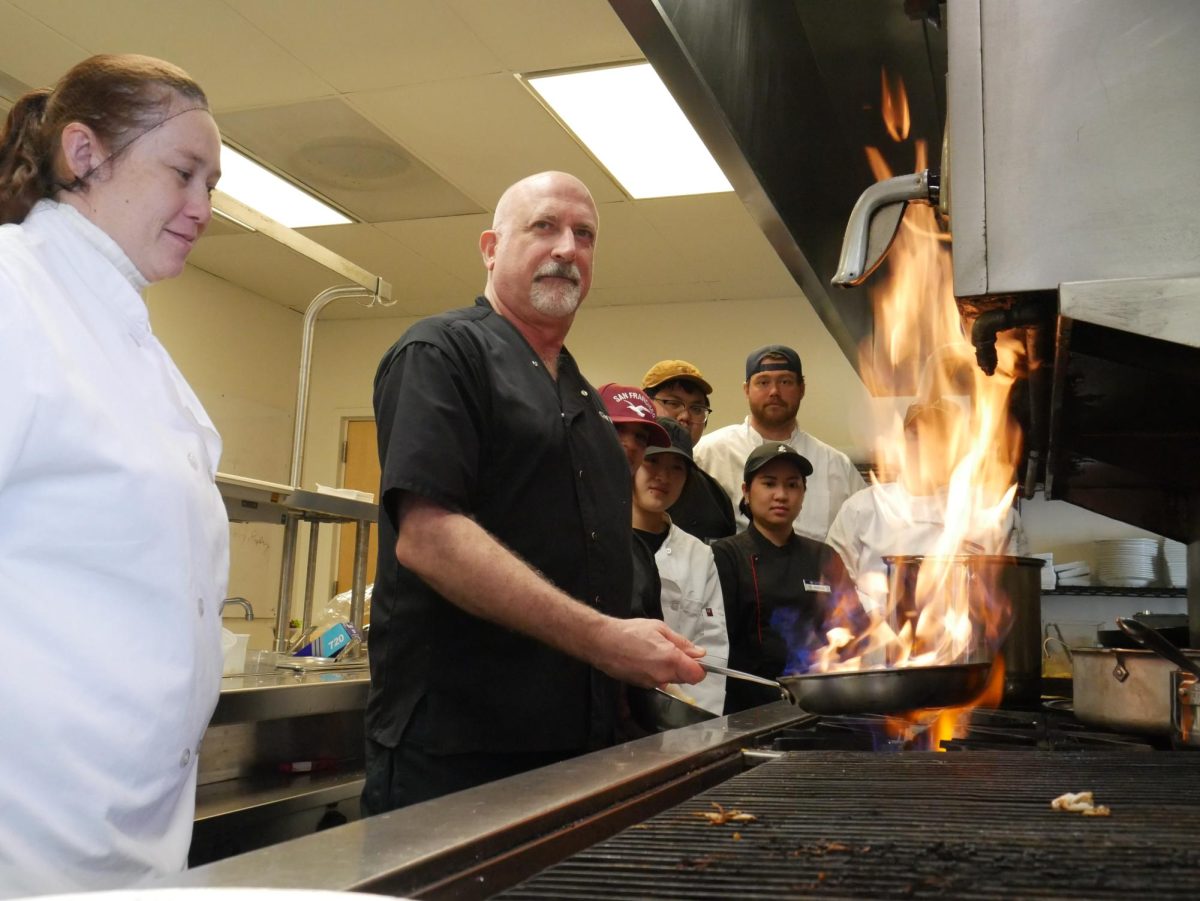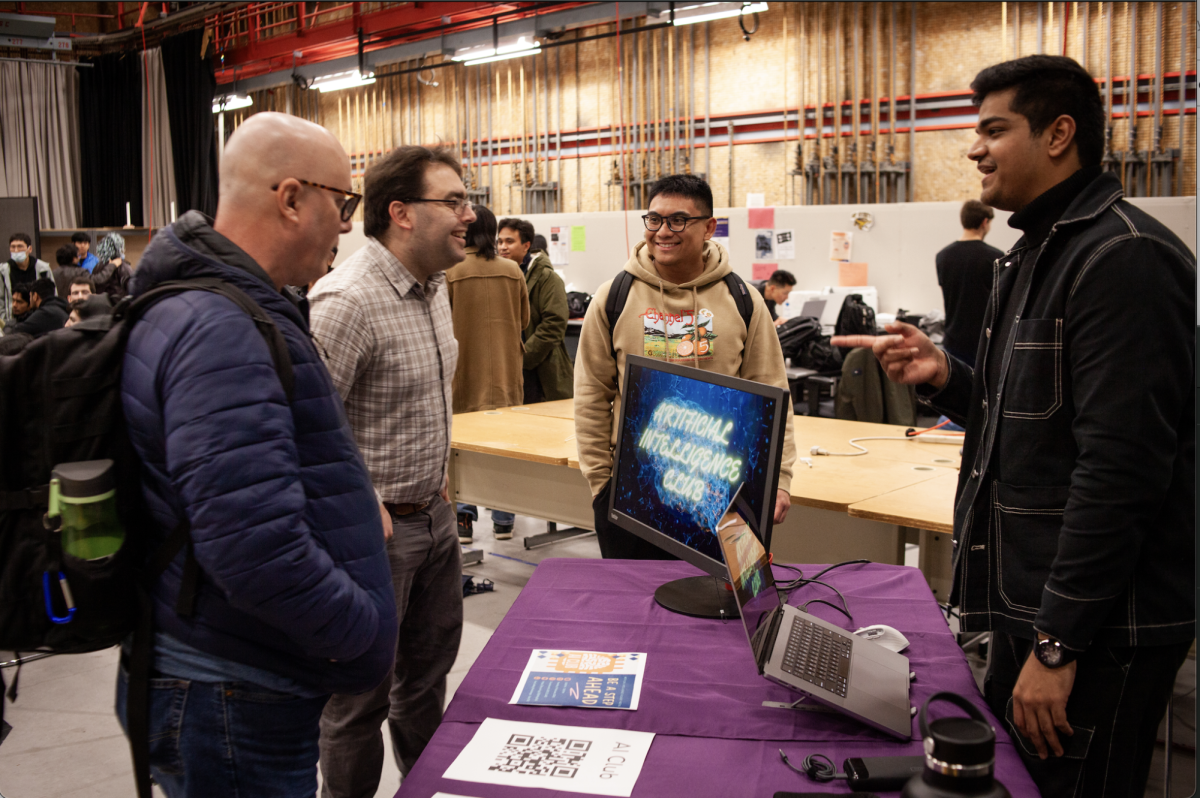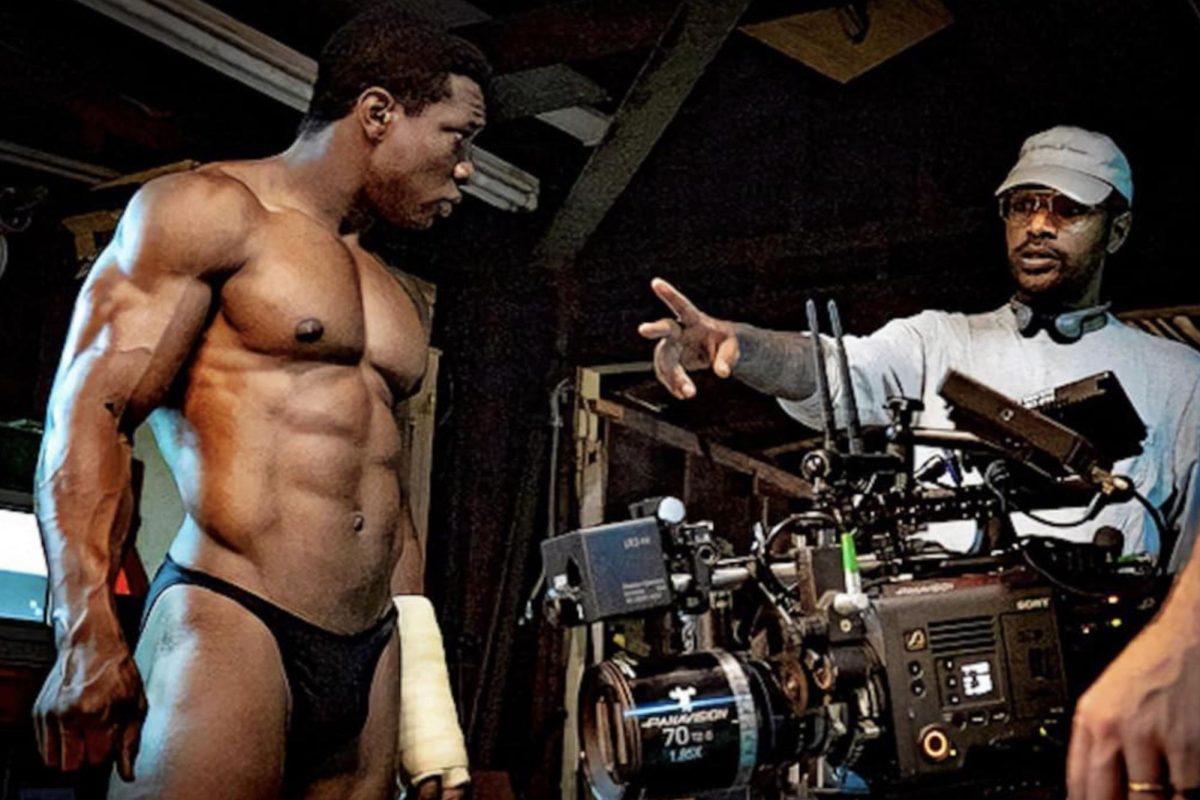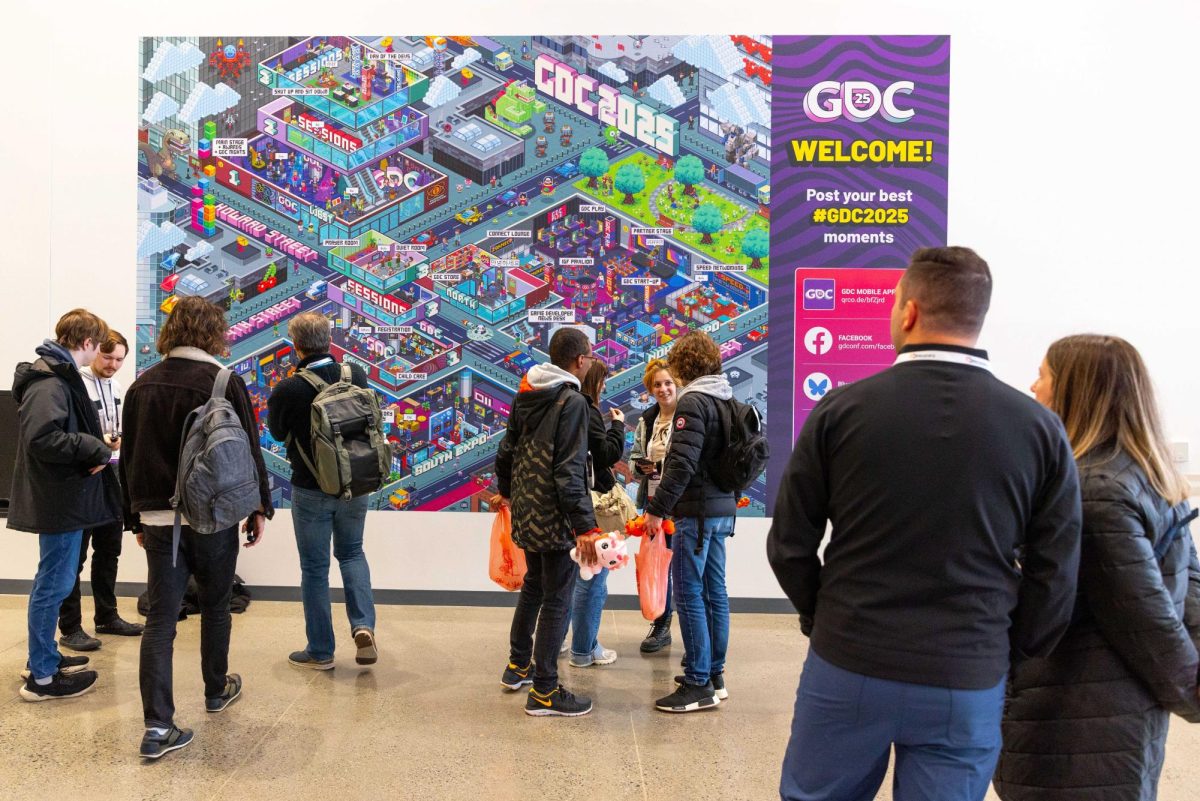SFPD falls short on reforms
Nov 5, 2019
It took three years for the San Francisco Police Department to complete 29 of 272 recommendations that the U.S. Justice Department handed down to them in 2016,
in response to a series of high-profile police shootings and scandals.
The Board of Supervisors reviewed SFPD’s efforts for the first time in roughly two years at an Oct. 22 hearing called by Supervisor Sandra Lee Fewer.
“The work is being done, and that’s the point I want to emphasize,” Chief of Police William Scott said during a presentation on the Department’s progress at the hearing.
Scott cited improvements made that center de-escalation techniques, such as a policy that prohibits officers from shooting at moving vehicles, as well as the implementation of mandatory implicit bias training. He also brought up statistics that highlight a 30% decrease in the use of force since the Justice Department’s 2016 assessment.

However, several supervisors and community members condemned SFPD for a lack of progress, noting that although the use of force decreased, disparities concerning the victims of that force remain heavily skewed toward the black community.
“It seems that when it comes to black people, everyone wants to take a back seat,” Phelicia Jones, founder of the Justice 4 Mario Woods Coalition, said at a rally prior to the hearing.
San Francisco resident Mario Woods was a black man killed in 2015 after being shot by police 21 times in the Bayview. His death was one of six caused by SFPD officer-involved shootings that year.
Forty percent of use-of-force incidents in 2018 involved black people, according to a report published by SFPD. From April to June of this year, black people accounted for 37% of all arrests made. These statistics are concerning, Jones said, when considering that black people make up only 5% of the city’s population. White people, on the other hand, make up roughly half of San Francisco’s population, yet account for only 26% of SFPD’s use-of-force incidents.
“There are social factors that play into a lot of the disparities in the criminal justice system,” said Chief Scott. “Work still needs to be done.”
The Department of Justice’s recommendations involve use of force, bias, community policing, accountability and hiring and personnel practices. Scott partially blamed SFPD’s slow progress on the Trump administration, which ceased federal oversight of police reforms in 2017. Since then, the California Department of Justice and the private consulting firm Hillard Heintze have managed external reviews of SFPD’s progress. Supervisor Matt Haney expressed concerns that the oversight provided by Hillard Heintze isn’t truly independent, as the company was contracted by SFPD.
“I understand and respect your role,” Haney said to a representative from Hillard Heintze. “Although it seems like you’re working in part for us and in part for them. The lines get blurred so much that it’s not actual independent oversight.”
As of the day of the hearing, 170 of the 272 recommendations were still in progress, 13 were under review by Hillard Heintze and 52 had been returned for more work, Scott said.
“We are not asking, we are not begging — we are demanding justice,” Jones said prior to the hearing. “It is a state of emergency and a state of urgency for us to have justice, equality, and equity in all aspects of black San Franciscan life.”









